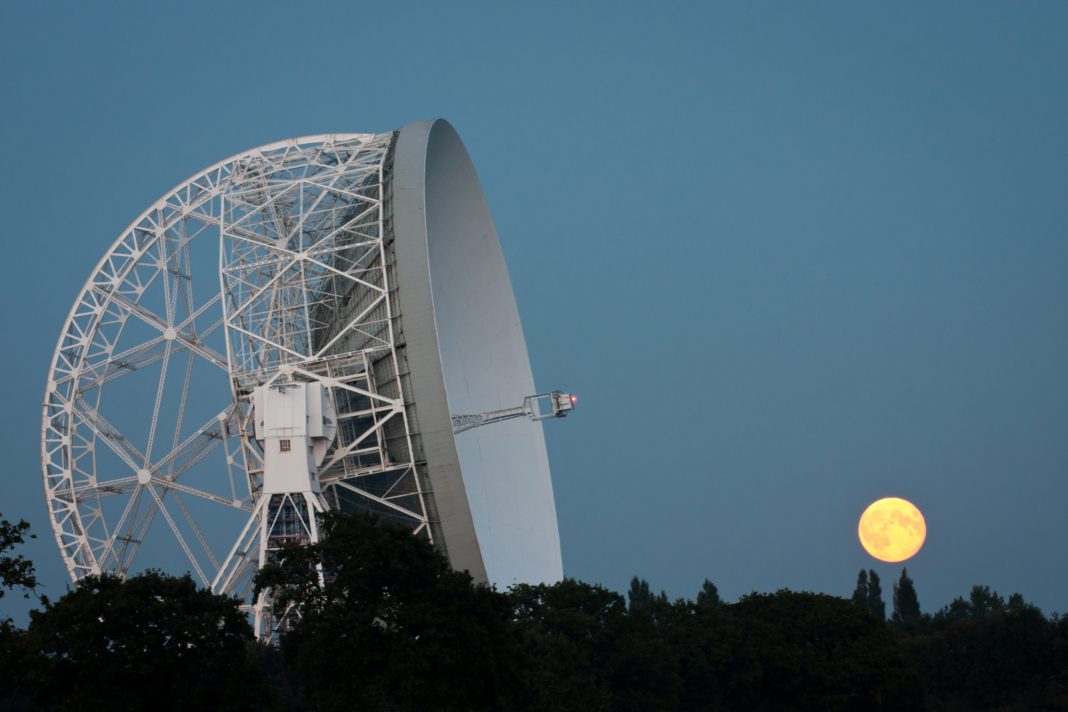Now that Spain has joined the Square Kilometre Array Observatory, researchers in Spain will soon gain access to all of the initiative’s data
Researchers in Spain will soon have access to the Square Kilometre Array Observatory (SKA) radio telescope initiative’s data once construction is complete.
Increased international access to this data will only further our global understanding of the universe.
What is the Square Kilometre Array Observatory?
SKA is an intergovernmental international radio telescope project being built in Australia and South Africa. The combining infrastructure, the Square Kilometre Array Observatory, and headquarters are located at the Jodrell Bank Observatory in the United Kingdom.
By linking observation facilities in South Africa and Australia, SKA aims to help researchers better understand the creation of the universe and other astronomical phenomena.
By combining the signals received from thousands of small antennas spread over a distance of several thousand kilometres, SKA will simulate a single giant radio telescope capable of extremely high sensitivity and angular resolution. This is a technique known as aperture synthesis. A very large field-of-view (FOV) will make surveying very large sky areas at once possible.
The Square Kilometre Array Observatory’s construction is due to be completed in 2030
Spains’s researchers will gain access to data from astronomy facilities once construction is complete, which is expected to be in 2030.
Spain’s innovation ministry announced governmental approval of Spanish membership of the SKAO on 4 April, stating that the country would contribute €41.4 million towards construction costs.
Spain’s membership to SKA will make it the ninth full member alongside the host countries and the following members:
- China
- Italy
- The Netherlands
- Portugal
- Switzerland
Germany has also just announced that it plans to join SKA.
Broadening the Square Kilometre Array Observatory’s footprint
Companies will also be able to compete for construction contracts and will increase training in “cutting-edge technologies and big data techniques” required for telescope operations, says Spain’s innovation ministry.
SKAO director-general Phil Diamond welcomed Spain’s membership and commented that Spain had been “instrumental” to the development of the initiative.
Membership “is an important step as it broadens the observatory’s footprint still further and expands the formal collaboration in our governance, engineering and science”, he concludes.











